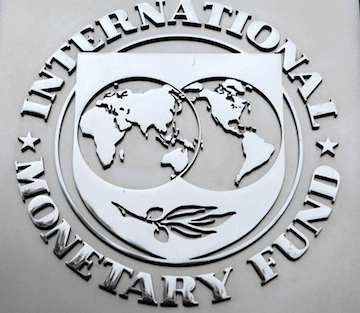
According to the NDC MP who doubles as a ranking member on Parliament’s Finance Committee, unlike other countries that have used Eurobonds to grow their economies, Ghana is borrowing beyond its weight.
Speaking at the Central Regional conference of the Tertiary Students Confederacy (TESCON) of the New Patriotic Party (NPP) held at the University of Cape Coast last Saturday, Vice President Dr Bawumia said the Nana Addo administration’s management of the economy particularly the exchange rate has been the best since the inception of the 4th republic.
He argued that Ghana’s economy had witnessed one of the lowest inflation rates in about two decades, standing at 11.8 percent during the pandemic, but dropped to 10 percent in May, and further dropped to seven percent in June 2021.
“The prudent management of the economy had ensured that the overall Gross Domestic Product (GDP), excluding oil, which declined to 5.8 percent and three percent in the first and second quarters of 2020, had rebounded strongly and registered a positive growth of four percent by the last quarter of 2020,” he said.
However, the Bolgatanga Central Member of Parliament Isaac Adongo in a response to the assertions of the Vice President said it is misplaced for government through Dr Bawumia to tout their achievements in the management of inflation and exchange rate since the country’s debts cannot be serviced using inflation and exchange rates.
“Dr Bawumia is heard admitting that the public debt is high though at high risk of debt distress but he then sought to imply that if you borrow unsustainably as they have done, it is prudent debt management and that leads to; Dr. Bawumia is so naive. Will he use inflation and exchange rate to pay for the debt?” He questioned.
He stressed that Ghana’s high debt levels poses risk of default and cannot lead to achieving low inflation and interest rates, stable currency, economic growth and improvement in the living standards of Ghanaians.
He stated: “Real practice over the last couple of years, has exposed Dr Bawumia’s lack of appreciation and technical deficiency in risk-based public debt management. Hence his consistent recourse to rate of debt accumulation and debt to GDP, even though important, are intermediate variables to measure the performance of risk-based debt management.
Dr Bawumia is cunningly misleading people to engage in a less important variable of debt sustainability and risks of debt dynamics to the neglect of major drivers of quality of public debt and their impact on debt sustainability, fiscal risks and external vulnerabilities.
For example, what is the relevance to debt sustainability and fiscal risk if you claim that the NDC recorded 200% debt accumulation and NPP 60% rate of accumulation but the NDC only used 56% of tax revenue to service that debt with 44% fiscal space to fund the budget whilst the NPP with less rate of accumulation uses 91% of tax revenues to service public debt with only 9% left to fund the budget as in 2021?.
While indicating that Ghana is the third highest country in Africa and emerging economies with the most outstanding Eurobonds, Mr Adongo noted that it is “the country most exposed to exchange rates in Africa and emerging markets as a result of about 64% of its debts being in foreign currency with significantly low levels of net international reserves to cover the debt service obligations and portfolio reversals. The average in Africa is 20% making Ghana 200% above Africa average”.
Read Full Story

















Facebook
Twitter
Pinterest
Instagram
Google+
YouTube
LinkedIn
RSS